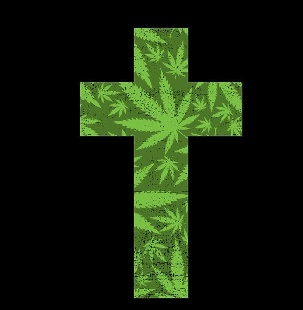
My only concern with the post is the way Prof. Kleiman characterizes the law around this area, which I think is overbroad. He writes The Supreme Court recently held (Gonzales v. O Centro) that the use of hallucinogens in religious ceremonies is protected under the Religious Freedom Restoration Act and must be permitted unless there is a particularized showing of harm.”
That’s not quite accurate. The Court upheld the use of a fairly obscure hallucinogen (ayahuasca) in the context of a long-established religious tradition practiced by a small minority. Other groups that have tried to capitalize on O Centro (for example by creating a “marijuana church”) are in my opinion treading on pretty thin ice. Similarly, invoking O Centro to support the use of hallucinogenic mushrooms probably doesn’t make sense unless such use actually is part of an established and fairly discrete religious tradition.
The fact that an experience is subjectively “mystical” is very unlikely to make it “religious” in a sense that would fall withinO Centro. As I emphasized in my discussion of the marijuana church (linked above), the government in O Centro concededthat the use of ayahuasca was a “sincere exercise of religion.” In the case of mushrooms, however, such a concession is extremely unlikely to be forthcoming. Instead, anyone attempting to litigate the issue would have to make a showing that such use was a sincere religious exercise, and I think that would involve demonstrating far more than the mere fact that isolated individuals find the ingestion of a chemical to be moving and significant. I find a good Syrah to be moving and signifcant, but that doesn’t (quite) make it a religious experience when I drink it. Conversely, I don’t find the experience of communion subjectively meaningful, but most reasonable observers would conclude that taking communion is a religious exercise.